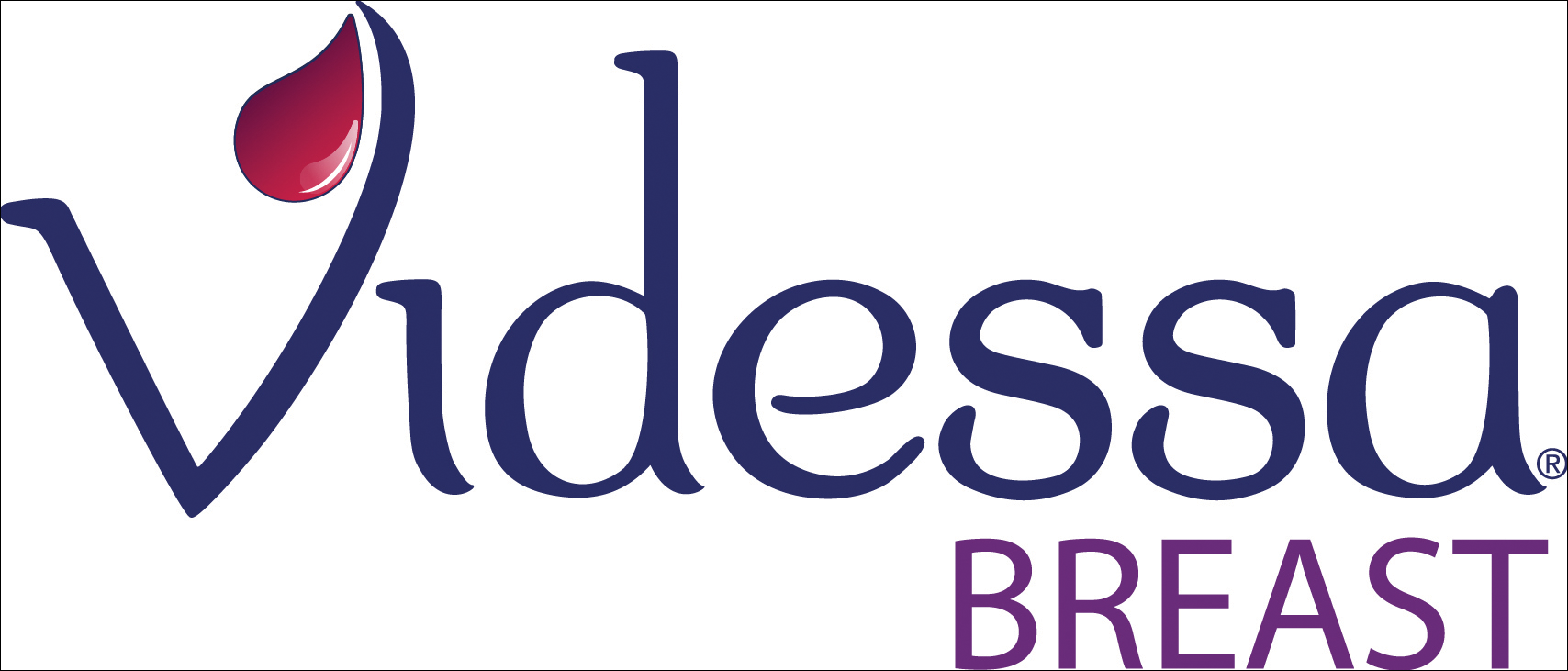NONESTROGEN PRODUCT FOR DYSPAREUNIA
Intrarosa (prasterone 6.5 mg), from AMAG Pharmaceuticals and Endoceutics, Inc, is announced as the only FDA-approved, locally administered, daily, nonestrogen steroid for the treatment of moderate-to-severe dyspareunia, a common symptom of vulvovaginal atrophy due to menopause (also known as genitourinary syndrome of menopause). The two companies have recently entered into an agreement providing AMAG with the US commercial rights to Intrarosa. Prasterone, also known as dehydroepiandrosterone (DHEA), is an inactive endrogenous steroid that is converted locally into androgens and estrogens to help restore vaginal tissue, according to the manufacturer. The usual dose of Intrarosa is one insert placed into the vagina every day at bedtime.FOR MORE INFORMATION, VISIT: http://www.amagpharma.com
ORAL MAINTENANCE TX FOR RECURRENT CANCER
ZEJULA (niraparib 100 mg) from TESARO, is a recently FDA-approved and available once-daily oral maintenance treatment for adult patients with recurrent epithelial ovarian, fallopian tube, or primary peritoneal cancer who are in a complete or partial response to platinum-based chemotherapy. Niraparib is a poly (ADP-ribose) polymerase (PARP) inhibitor. PARP is a family of proteins involved in many functions in a cell, says TESARO, including DNA repair, gene expression, cell cycle control, intracellular trafficking, and energy metabolism. According to the manufacturer, PARP inhibitors have shown activity as a monotherapy against tumors with existing DNA repair defects, such as BRCA1 and BRCA2 mutations, and as combination therapy with anticancer agents that induce DNA damage. The recommended dose of ZEJULA is 300 mg taken once daily with or without food.FOR MORE INFORMATION, VISIT: http://www.zejula.com
MIGS STAPLING SYSTEM WITH REAL-TIME FEEDBACK
Medtronic reports that its new Signia Stapling System offers surgeons real-time feedback and automated responses to real-time data, one-handed staple firing, and Adaptive Firing technology that measures the firing force and adjusts the stapler’s speed based on tissue variability, allowing for consistent staple lines. Medtronic says the device chooses 1 of 3 firing speeds based on the clamped tissue’s variability and thickness and tells the surgeon, with audible and visual feedback on the handle’s LED screen, how it is adapting to tissue variability, before firing. The reposable handle is designed to provide the surgeon fully powered rotation, articulation, and firing with one hand. The Signia system has applications in open and minimally invasive gynecologic surgery.FOR MORE INFORMATION, VISIT: http://www.medtronic.com
BONE BUILDING AGENT
Radius Health announces recent FDA approval for TYMLOS (abaloparatide) injection, a bone-building agent for the treatment of postmenopausal women with osteoporosis who are at high risk for fracture. Those at high risk for fracture, says Radius, include women with a history of osteoporotic fracture, multiple risk factors for fracture, or have failed on or are intolerant to other available osteoporosis therapy. Results of the ACTIVE trial demonstrated that TYMLOS showed significant reductions in the relative risk of new vertebral (86%) and nonvertebral (43%) fractures compared with placebo (absolute risk reduction, 3.6% and 2.0%, respectively). The injection provides 3,120 µg/1.56 mL (2,000 µg/mL) in a single-patient-use prefilled pen. The pen delivers 30 daily doses of 80 µg abaloparatide in 40 µL of sterile, clear, colorless solution. Radius is also developing a transdermal application of abaloparatide based on 3M’s patented Microstructured Transdermal System technology.FOR MORE INFORMATION, VISIT: http://www.radiuspharm.com
PROTEOMIC BREAST CANCER ASSAY
Using advanced proteomic technology, Provista Diagnostics has developed Videssa Breast, the first blood test of its kind that detects and analyzes multiple types of tumor protein biomarkers for improved cancer detection when mammography results are abnormal. Unlike other liquid biopsy techniques, breast cancer proteins are more abundant in the blood, according to the manufacturer; Videssa Breast uses proprietary technology to examine multiple serum protein biomarkers (SPBs) secreted by breast tumors and tumor-associated autoantibodies (TAAbs). Evaluating these biomarkers with patient clinical data generates a unique protein signature that detects breast cancer in the body. Through research and clinical trials, the top 11 SPBs known to provide the highest sensitivity and the top 28 TAAbs for early breast cancer detection have been identified. Videssa Breast incorporates 11 SPBs and 13 TAAbs in its assay.FOR MORE INFORMATION, VISIT: http://www.provistadx.com
Share your thoughts! Send your Letter to the Editor to rbarbieri@frontlinemedcom.com. Please include your name and the city and state in which you practice.






